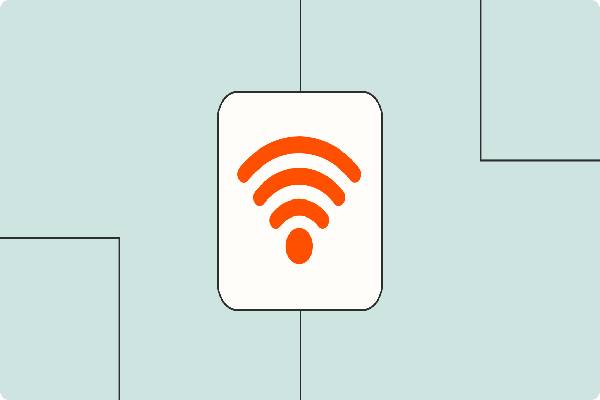effects of social media
Social media has profoundly impacted various aspects of society, individuals, and communities. While it brings many benefits, it also has significant effects, both positive and negative. Here are some of the key effects of social media:
·
Communication and Connectivity: Social media has
revolutionized communication, making it easier to connect with others
worldwide. This has resulted in enhanced social connectivity, allowing
individuals to stay in touch with friends, family, and acquaintances,
regardless of geographical barriers.
·
Information Dissemination: Social media has
transformed the way news and information are shared. While this can facilitate
rapid awareness and knowledge dissemination, it also raises concerns about the
spread of misinformation and fake news.
·
Social Interaction: Social media platforms offer
spaces for online social interaction, fostering virtual communities and
connections. However, excessive use of social media can sometimes lead to a
decline in face-to-face social interactions, potentially affecting individuals'
social skills and well-being.
·
Mental Health Impact: The use of social media
has been associated with various mental health issues, such as anxiety,
depression, and low self-esteem. Constant comparison with others and exposure
to cyberbullying can negatively affect users' mental well-being.
·
Privacy Concerns: Social media platforms collect
vast amounts of personal data, which raises concerns about user privacy and
data security. Users may inadvertently share sensitive information or become
victims of data breaches and identity theft.
·
Cyberbullying and Online Harassment: Social
media can become a breeding ground for cyberbullying and online harassment,
leading to emotional distress and even suicide in extreme cases.
·
Time Management and Productivity: Excessive use
of social media can lead to time-wasting and reduced productivity, affecting
academic and professional performance.
·
Self-Image and Body Image: Social media often
presents an idealized version of people's lives, which can lead to feelings of
inadequacy and lower self-esteem. Unrealistic beauty standards portrayed on
social media can also impact body image perceptions.
·
Political Polarization: Social media algorithms sometimes create echo chambers, reinforcing users' existing beliefs and
perspectives. This can contribute to political polarization and reduce
opportunities for constructive dialogue.
·
Addiction and Overuse: Social media platforms
are designed to be addictive, leading to compulsive use and difficulty in
self-regulation.
·
Impacts on Children and Adolescents: Social
media can have significant effects on the development and behavior of children
and teenagers. It may expose them to inappropriate content, cyberbullying, and
online predators.
·
Social Activism and Positive Change: On the
positive side, social media has played a vital role in mobilizing social
activism and driving positive change. It has been instrumental in raising
awareness about social issues and facilitating collective action.
·
Business and Economic Impact: Social media has
transformed the business landscape, providing new marketing and advertising
opportunities for companies. It has also enabled the rise of influencer
marketing and online entrepreneurship.
·
Crisis Communication and Disaster Response:
Social media has become an essential tool for disseminating information and
coordinating relief efforts during emergencies and disasters.
What are the additional benefits of social media?
In addition to the previously mentioned benefits, social
media offers various other advantages that contribute to its widespread
popularity and impact on society. Let's explore some additional benefits of
social media:
1.
Job Opportunities and Recruitment: Social media
platforms like LinkedIn have become crucial for job seekers and recruiters
alike. Job seekers can find job openings, while recruiters can identify
potential candidates and assess their professional profiles.
2.
Real-Time Information during Emergencies: During
natural disasters or emergencies, social media becomes a vital source of
real-time information. Users can post updates, seek help, and provide
assistance, helping authorities in disaster response and relief efforts.
3.
Community Building and Social Support: Social
media fosters the creation of online communities centered around shared
interests, hobbies, and passions. These communities provide a sense of
belonging and social support for their members.
4.
Educational Resources and Online Courses: Social
media platforms offer access to a vast range of educational resources,
including articles, videos, and online courses. This democratizes learning and
allows individuals to acquire new skills and knowledge at their own pace.
5.
Enhanced Customer Service: Companies use social
media as a platform for customer service, addressing queries and resolving
issues promptly. This level of responsiveness enhances customer satisfaction
and loyalty.
6.
Political Participation and Engagement: Social
media has empowered individuals to engage in political discussions, express
their opinions, and participate in democratic processes. It facilitates
political activism and encourages citizens to be more informed about social and
political issues.
7.
Promotion of Cultural Heritage: Social media
allows individuals and cultural organizations to share and promote their
cultural heritage, traditions, and arts with a global audience. This
contributes to the preservation and celebration of diverse cultures.
In conclusion, social media offers a wide array of
additional benefits that contribute to its significance in contemporary
society. From supporting global collaboration and knowledge sharing to
empowering marginalized communities and promoting cultural heritage, social
media continues to play a transformative role in various aspects of our lives.
However, it is essential to recognize the potential drawbacks and challenges
associated with social media usage and work towards harnessing its benefits
responsibly and ethically.


.jpg)